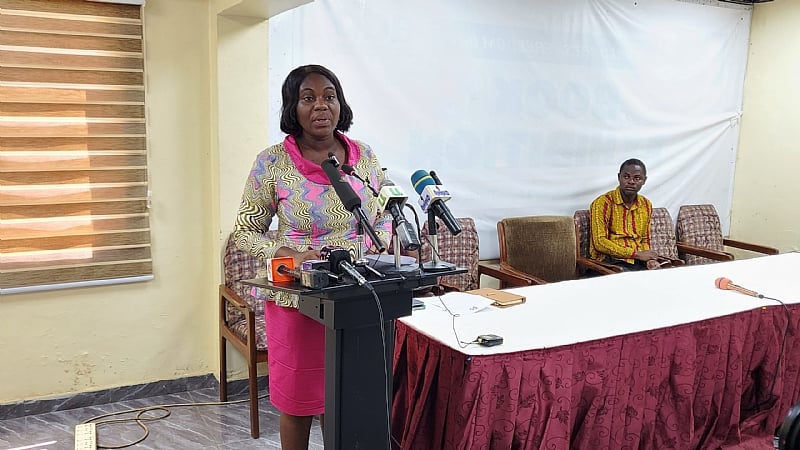The Forest Watch Ghana (FWG), a coalition of Civil Society Organizations (CSOs), has urged Parliament to expedite the ratification process for vital permits and leases essential for the sustainable management of the country’s forest resources. At a recent press briefing held in Accra, Ms. Doreen Asumang-Yaboah highlighted that out of 148 permits and leases identified for parliamentary ratification in a 2014 Joint Assessment, a mere 11 have been ratified as of July 11, 2024. The delay in this process poses significant risks not only to the country’s forest resources but also to its access to critical markets, especially the European Union (EU) timber market, which could be jeopardized if timely action is not taken.
Ms. Asumang-Yaboah emphasized that historical delays by successive governments in fully implementing established laws have paved the way for illegal mining activities and the degradation of forest resources. This negligence could have dire economic implications as well as damage Ghana’s reputation in international trade. To address the urgency of the situation, she called upon relevant authorities to announce and publish a comprehensive road map for the complete implementation of laws on sustainable forest management. This must include strict regulations governing the trade of legal timber, as the unregulated actions of the past are causing irreversible harm to the ecosystem.
The signing of the Voluntary Partnership Agreement (VPA) between Ghana and the EU in 2009 was a step towards ensuring that all timber products exported to the EU are sustainably sourced. This agreement, subsequently ratified by Parliament, aligns with the Timber Resources Management (Legality Licensing) Regulation 2017 (L.I.2254). The VPA forms part of the EU’s broader strategy to combat illegal logging and foster sustainable forest management under the Forest Law Enforcement, Governance, and Trade action plan. However, despite these measures, the enforcement and implementation of these laws remain inconsistent.
Recent incidents of illegal mining in Ghana’s water bodies and forests have underscored the urgent need for better enforcement of environmental protection and mining laws. Ms. Asumang-Yaboah pointed out that illegal logging is increasingly threatening the country’s forest reserves, and the current delay in implementing and enforcing laws is allowing such destructive practices to proliferate. Without swift governmental action, the situation may worsen, leading to more severe degradation of Ghana’s natural resources, which are already under siege from a myriad of unlawful activities.
The commitment of the CSOs to support the government in protecting these valuable resources was reiterated by Ms. Asumang-Yaboah, underscoring the importance of collaboration for the success of the VPA. Engaging CSOs can create a strong partnership that fortifies advocacy for sustainable practices in the forestry sector and helps streamline compliance with both domestic and international laws. This collaboration is essential for not only safeguarding Ghana’s environmental integrity but also for enhancing the credibility of its timber industry on the global stage.
In conclusion, the call from Forest Watch Ghana signals a need for prompt and decisive action from Parliament to ratify the outstanding permits and leases for sustainable forest management. The consequences of inaction extend beyond environmental degradation; they threaten the viability of Ghana’s trade relationships, particularly with the EU. Through coordinated efforts between the government and civil society, the country can uphold its commitment to legal timber trade, enforce laws effectively, and preserve its precious forest resources for future generations. Only by addressing these challenges head-on can Ghana ensure a sustainable and prosperous future in its forestry sector.














